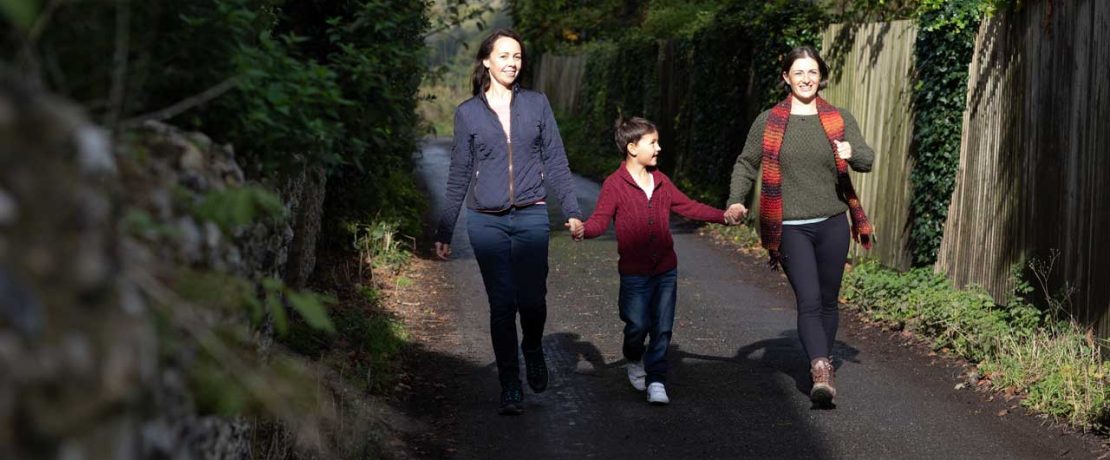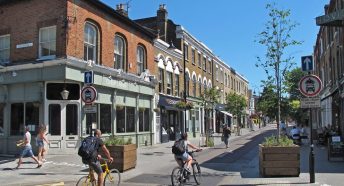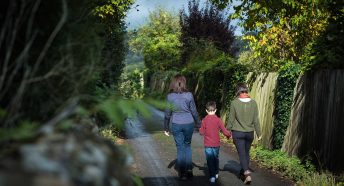Walk on the wild side: what we love about walking
Walking. We at CPRE are big fans, from popping to the shops to an expedition up hills or fells. But what makes it so special – and good for the countryside?
From William Wordsworth to Virginia Woolf to John Cleese, from the sublime to the ridiculous, our country has an illustrious history of walking. With a unique range of landscapes packed into one small soggy Atlantic island, from the gentle chalk downs in the south to the dramatic limestone crags of Yorkshire, it’s unsurprising that walking has become a truly Great British pastime.
In fact, walking in the countryside has even led to some famous moments of radical political activism. The Kinder Scout Mass Trespass that played a notable part in the creation of our National Parks and Trails was probably the most successful instance of communist-inspired working-class civil disobedience in our history.
A proud past; an exciting future
So we at CPRE want to celebrate the humble alternative of following your nose and putting one foot in front of the other.
Walking is probably the best way to encounter wildlife and experience our countryside, and always comes with the possibility of adventure just below the surface. As Tolkien taught us (and Frodo Baggins) when you step out ‘if you don’t keep your feet, there’s no knowing where you might be swept off to’.
And on top of all that, not only is walking totally free, it’s also far healthier than driving. Shifting just 2% of our national car miles to active travel could bring health benefits worth £2.5 billion every year to the NHS by the end of the decade.

Walking doesn’t just cut our carbon footprint and remove the air pollution we’d otherwise be breathing in at school gates and on our commutes, it is also great for our physical and mental health.
Our early ancestors would have walked around 15 miles a day most days of the week, and our bodies are adapted to behave in this way. Regular walking gives us healthier hearts, better brain function and is actually a more effective way of improving our metabolism than going to the gym.
And on top of all that, scientists have also found that walking can help to prevent depression, make us more extroverted, and makes us better problem-solvers.
Policies for pedestrians
During the 2020 coronavirus lockdown, many of us began to walk more regularly and with the right policies, we could see walking displace more and more short car journeys. A generation ago 70% of British children walked to school; now less than half do. We should grasp the opportunity to reverse this trend.
But to reorientate our lives around walking we need to see more investment in concepts like the 15-minute neighbourhood, where our workplaces and all the services we regularly need are nearby and can be reached in a short walk from our homes. Over recent decades, many rural communities have seen local post offices, pubs, schools and other services close, so to once again make walking a part of daily life in the countryside we need urgent action from the government to re-site services back to where people live.
It’ll take ambition and committed government funding but with better-planned communities and facilities closer to where we live, we might be able to have more than one car-free day a year.
In the meantime, whether you totter, rove or ramble, wander, sashay or stride, we can all play our part by choosing to walk instead of drive whenever we can.









